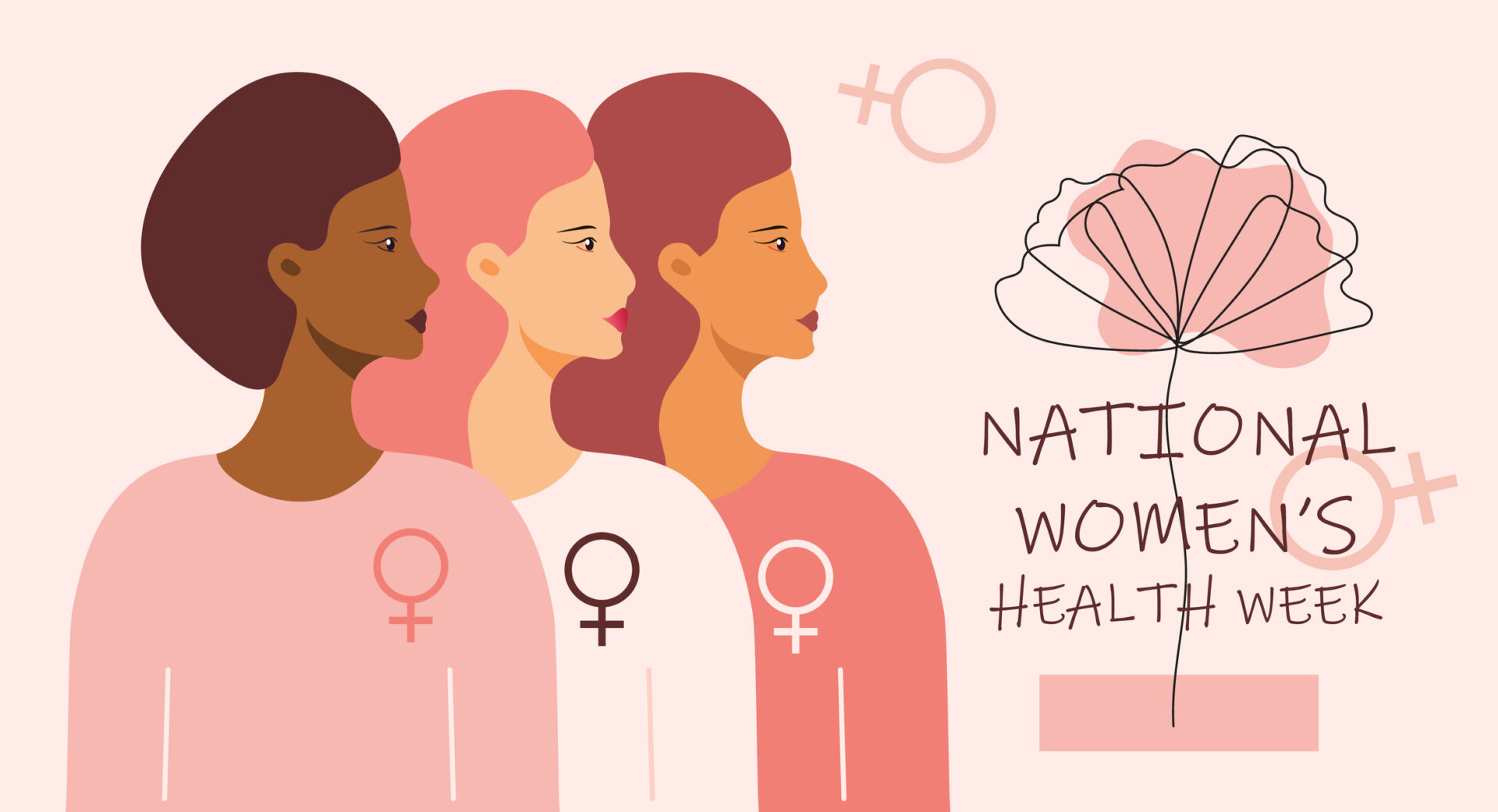This past weekend, the United States celebrated Mother’s Day. That means this week is National Women’s Health Week! This year’s theme, “Whole Health: Prevention, Care and Wellbeing,” focuses on the many aspects of women’s health from physical to mental and beyond.
Learn more about National Women’s Health Week below and discover how women are helping to change the face of medicine in the United States.
What is National Women’s Health Week
National Women’s Health Week is a week-long campaign that promotes women’s health and awareness in the United States. However, the message applies to women across the world.
As part of this year’s campaign to promote health both physical and mental, National Women’s Health Week is promoting six key practices:
-
Get a regular check-up, including a well-woman exam.
Regular check-ups can help with the early detection of preventable diseases, but they also keep your doctor up-to-date with changes in your lifestyle that may affect your health record. Seeing a woman’s health physician, such as an OBGYN, at least once a year also provides more focused care on health concerns that disproportionately affect women, such as the reproductive system, pre- or post-natal care, and more.
-
Be active
Being active is a catch-all benefit to one’s health. It promotes healthy cardiovascular health, respiratory health, and even reduces stress, which benefits mental health.
-
Maintain a balanced diet
A balanced diet does more than make you feel good now. It has long-term benefits for one’s health. A diet that is high in vitamins like Vitamin D or Calcium can help prevent bone and joint diseases that are more likely to affect women, such as osteoporosis.
Each body is different. A balanced diet may not look the same from one person to the next. Regular check-ups can keep you in regular conversation with your doctor about what a balanced diet may look like for you.
-
Adopt stress-coping techniques
Activity and a diet will go a long way to reducing stress. However, there are many other techniques to adopt if you find yourself in periods of long- or even short-term stress. The CDC outlines a number of strategies that can help you cope with stress, including connecting with a community, taking regular breaks, and designating time to unwind.
-
Practice healthy behaviors
Avoiding or limiting unhealthy behaviors will promote long-term health and even help with feeling well in the short term. Avoiding smoking and drugs and avoiding or limiting alcohol intake reduces stress on vital organs and keep you running in top shape.
Learn more about National Women’s Health Week and find ways to get involved by visiting the Center for Disease Control or the U.S. Department of Health and Human Services Office on Women’s Health.
Want to make an impact on the field of Women’s Health. Try an OBGYN rotation. Explore all our rotations by clicking here or connecting with an AMO Advisor at advisors@amopportunities.org







Leave A Comment